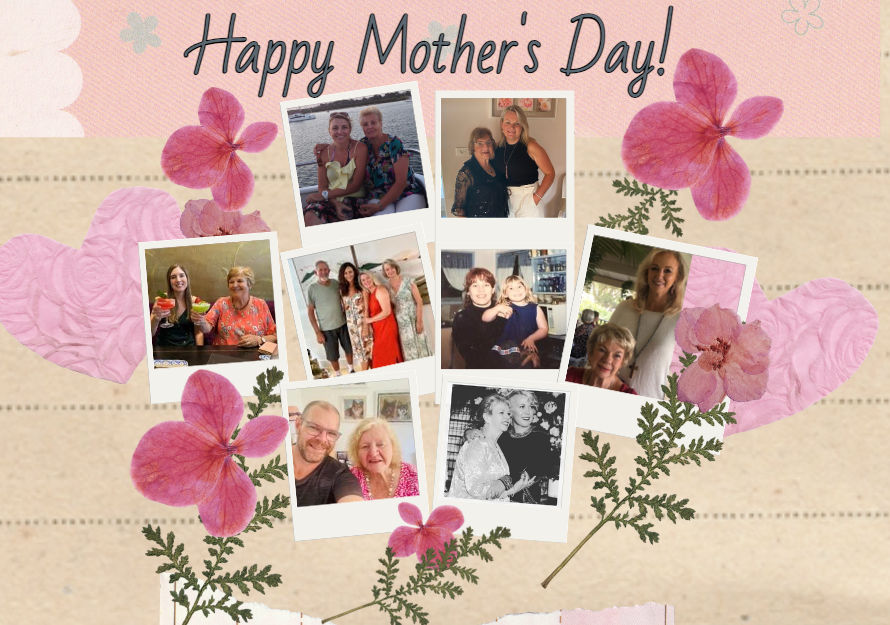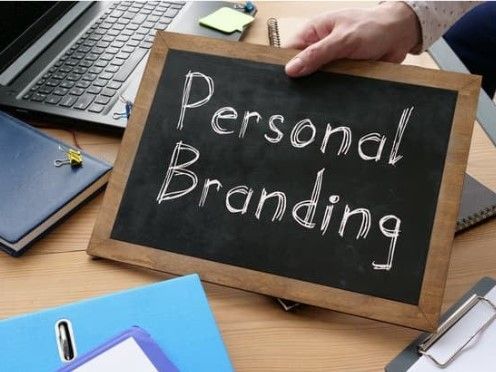Covid has changed the status quo in all manner of business. Smacked the world in the face and made everyone stop, evaluate, and then implement change. With business, introducing new process, procedure, philosophy, and program to business to ensure viability. At home, changes are made with spending, lifestyle and most significantly with employment. With the global economy grinding to a halt, companies have been forced to make change, literally overnight. The initial focus for most is headcount, the easiest way to reduce overheads, justified easily on the back of an immediate drop in revenue across the board.
The result, an influx of quality candidates to the open market with a strong, sustained employment history, usually backed up with positive results over a long period of time. Candidates with great management/leadership and interpersonal skills are out of a job, through no fault of their own and in many cases, for the first time ever.
A challenge many of these candidates have never had to encounter. Create a resume, apply for jobs. Engage an agency, complete registration paperwork and complete the interview process. So….. you’re 10, 15, 20 years into your career and hit a Covid roadblock for the first time since leaving university. “I need a job” So where do I even start???? Here are some of the things to consider as you commence the journey.
1. What do I need to create a resume? I have never needed one
What format looks best? Clear, succinct with key information. Do not overdo it.
What information should be included? Qualifications, employment history and detail along with your key achievements in bullet point. Focus on management, turnover or people, revenue, process improvement. Areas that added benefit. Stay away from generalising.
Should I lead with qualifications or work experience? Qualifications up front, left at the back of the resume will see them lost.
How far back should my employment timeline be? 10 years as a guide, any further back the skills and process at the time becomes a little redundant.
What personal information should I include? This one is a little grey, provide some small insight on your interests and hobbies on the last page. A common interest can spark a comfortable conversation.
Your resume is the gateway to creating a conversation, it’s what sells you to the world.
2. Now I have a resume and I have never had to search for a job. Where do I even start?
Who do I speak to? Professional networks including industry contacts. Online job boards (Seek etc)
How do I find recruiters that can assist? Research online, google key area you work in. See which companies are posting roles of interest and call them.
How do I find the senior or management roles? Most senior roles never make it to the job boards. This makes the engagement of agencies even more important. Registering with industry specific agencies will vastly increase visibility to roles in your lane.
I’m interested in taking a step back or move into a new role/career, how do I articulate this? Often in times of reflection people come to the realisation the career path is not the one they once dreamed of but where a series of opportunities had led them. It may be a dream to work in a certain vertical, think back to what lit your dream and articulate your answers with the same passion. If it’s a step back, understand the reasons why you want to find a better balance.
Finding a recruitment partner is just as important to the candidate that it is for the employer.
3. Interviewing, I have not done that for 20 years. What do I need to know? What has changed?
What do I need to know? Be prepared. Research the company and the person interviewing you. Ask your recruiter, check out LinkedIn. Ask for a job description, companies will have this on file.
Understand your own values. Most companies have a Mission Statement, always underpinned by values. Understanding your own values will help you align and relate during your interview.
First impressions are vitally important. Dress to impress, be professional but present as yourself. Don’t ever try to be something you are not; this is a recipe for disaster.
Don’t be too early for your interview. The HR or hiring manager will have their day planned, arriving too early will not set a good impression.
Be prepared. Don’t be afraid to take a notebook in. Have questions prepared and really think about what you want to know. Be prepared for what they want to know about you that your resume doesn’t stipulate. What is your 5 or 10 year goal?
There is no standard length of interview for a role, some will go for 25 minutes, others 125 minutes. It depends entirely on the company and employer’s interview style. When given the chance to speak, ensure your deliver all information important to you. There is nothing worse than leaving a meeting with something left in the tank. I hope that this can shed some light on areas that can assist in you job hunting journey. We wish you every bit of luck along the way! For assistance, some advice or simply need someone to bounce ideas off, please don’t hesitate to reach out!
Andrew
Read more Blogs Date published: 02/09/2020 Author: Andrew Bennett




